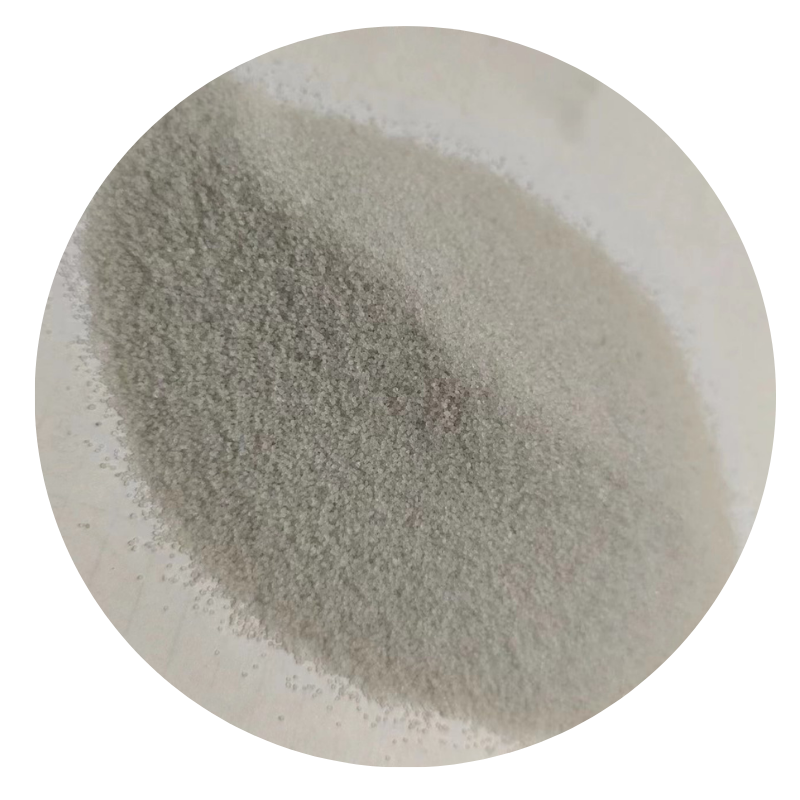
The Benefits of Using Volcanic Rock as a Natural Soil Amendment for Plant Growth
Volcanic Rock for Plants A Natural Marvel for Cultivation
Volcanic rock, born from the fiery eruptions of volcanoes, is a remarkable material that has been gaining traction in the world of horticulture and agriculture. Often underestimated, this natural resource offers an array of benefits for plant growth and soil health that are both intriguing and beneficial for gardeners and farmers alike.
At its core, volcanic rock is formed from the rapid cooling of magma during volcanic eruptions. This process creates a variety of rock types, including pumice, basalt, and scoria, each possessing unique properties conducive to plant growth. These rocks are not just remnants of geologic activity; they are rich in minerals and are known for their porous nature, making them valuable in various agricultural applications.
Volcanic Rock for Plants A Natural Marvel for Cultivation
Moreover, volcanic rock is rich in essential minerals like potassium, phosphorus, and magnesium, which are crucial for plant growth. These minerals are slowly released into the soil over time, providing a sustained source of nutrients that can enhance plant health and yield. Unlike synthetic fertilizers, volcanic rock offers a slow-release option that minimizes the risk of nutrient leaching and soil degradation.
volcanic rock for plants

Additionally, volcanic rock can improve soil structure. When mixed into garden soil, it helps to break up compacted soil, enhancing aeration and water infiltration. This is particularly beneficial in heavy clay soils, where drainage can be a significant issue. By improving the soil structure, volcanic rock fosters an environment conducive to healthy root development, promoting stronger and more resilient plants.
In terms of sustainability, using volcanic rock aligns well with eco-friendly gardening practices. It is a natural material that requires little processing, reducing the carbon footprint associated with production. Unlike many chemical fertilizers, which can contribute to soil toxicity and water pollution, volcanic rock is a clean and environmentally friendly alternative that supports healthy ecosystems.
Moreover, volcanic rocks are often lightweight and can be used in various ways in gardens. They can be crushed into smaller particles to create a soil amendment, used as mulch to suppress weed growth and retain moisture, or even employed in hydroponic systems. Their versatility makes them an excellent addition to both amateur and professional gardening setups.
While volcanic rock offers numerous advantages, it is essential to use it judiciously. Depending on the specific types of volcanic rock and the requirements of individual plants, it may be necessary to combine it with other soil amendments or nutrients. Conducting a soil test can provide insight into the existing nutrient levels and pH, guiding the effective use of volcanic rock within a particular gardening context.
In conclusion, volcanic rock is not just a byproduct of nature’s power; it is an invaluable resource for promoting healthy plant growth and sustainable gardening practices. From enhancing drainage and aeration to providing essential nutrients, volcanic rock plays a pivotal role in improving soil health. As more gardeners and farmers recognize its potential, incorporating volcanic rock into cultivation methods may very well become a standard practice in the quest for bountiful and vibrant gardens.
Share
-
Premium Pigment Supplier Custom Solutions & Bulk OrdersNewsMay.30,2025
-
Top China Slag Fly Ash Manufacturer OEM Factory SolutionsNewsMay.30,2025
-
Natural Lava Rock & Pumice for Landscaping Durable Volcanic SolutionsNewsMay.30,2025
-
Custom Micro Silica Fume Powder Manufacturers High-Purity SolutionsNewsMay.29,2025
-
Custom Mica Powder Pigment Manufacturers Vibrant Colors & Bulk OrdersNewsMay.29,2025
-
Custom Micro Silica Fume Powder Manufacturers Premium QualityNewsMay.29,2025






